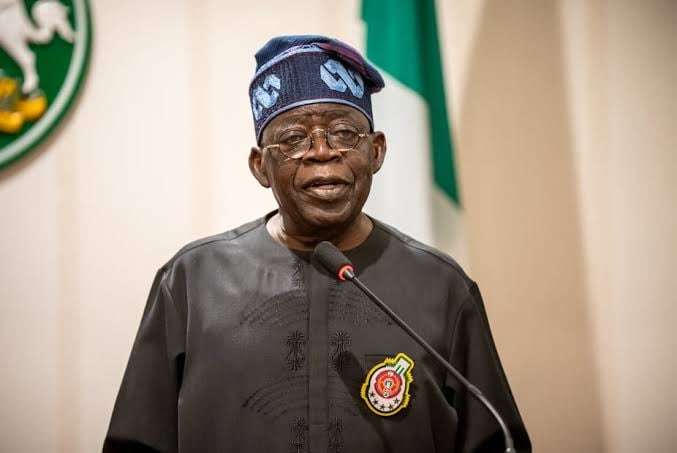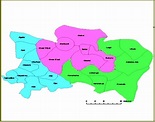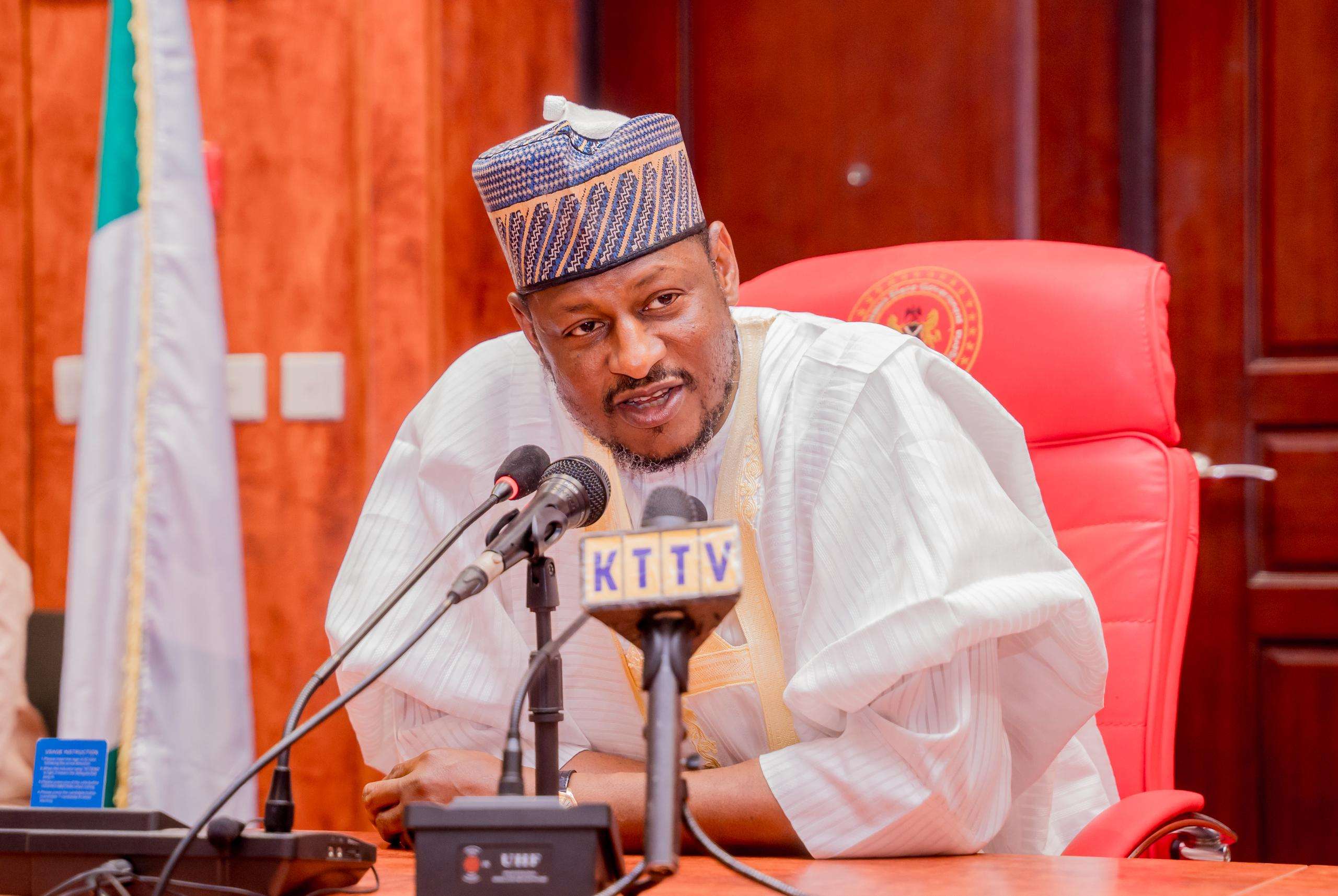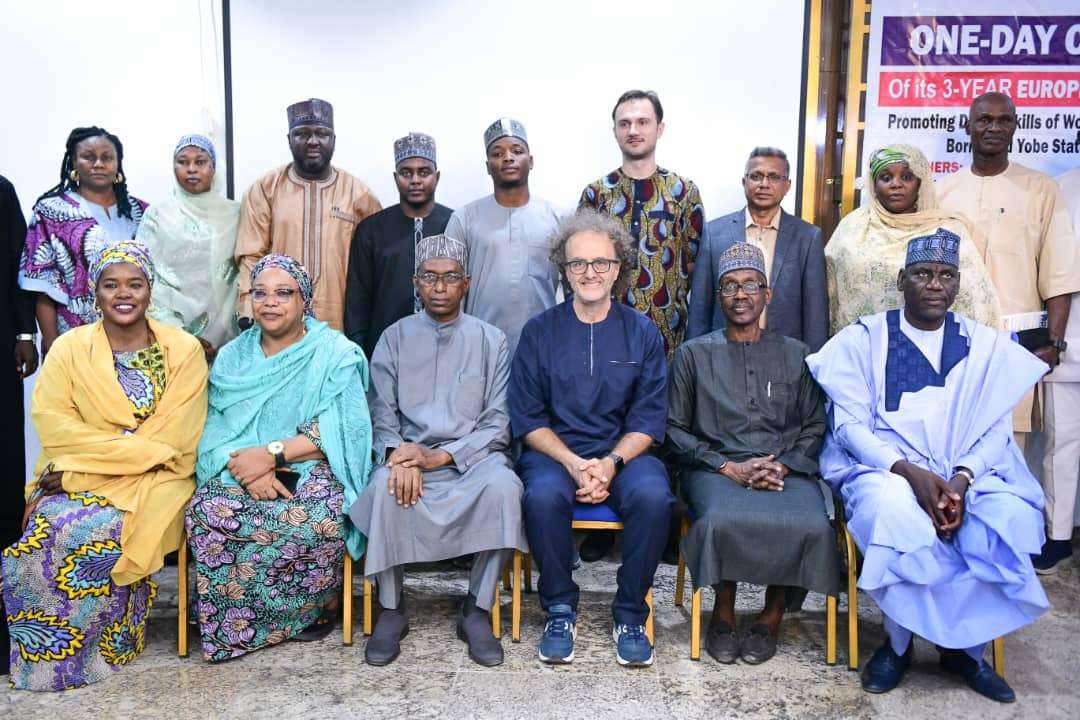By Stephanie Shaakaa
Every year March 8 the world pauses to acknowledge the contributions, struggles and achievements of women,it is a day rooted in history,a reminder to the fight of fair wages and equal opportunities.
This year’s theme “Accelerate Action” is a call for urgent, bold steps to fast-track gender equality. Despite years of advocacy, progress remains too slow, and recent setbacks, like the COVID-19 pandemic, have widened existing gaps. This theme urges governments, businesses, and individuals to move beyond promises and take real, measurable action whether through policy reforms, economic opportunities, or dismantling systemic barriers that hold women back.
It also emphasizes inclusivity, recognizing that different women face different challenges based on race, class, or disability. “Accelerate Action” demands accountability from institutions and encourages activism at all levels to ensure that gender equality is not just an aspiration but a reality.The time for gradual change is over now is the moment to act.
Today remains the same the urgency has never been greater.Today is not a day for pleasantries,it is not a day for the usual posts,the flowery tributes or the carefully curated photos of mother’s, sisters and wives.No,today is not a day for sentimentality.Today is a call for action. International women’s day did not begin as a celebration,it was born in fire.
It began in the factories.
The year was 1908, and the air was thick with smoke. Machines roared, swallowing the voices of thousands of women bent over sewing machines, working long hours for little pay. But on one cold New York afternoon, 15,000 women took to the streets marching for better wages, shorter working hours, and the right to vote. They were tired,tired of being invisible, tired of waiting.
Their fight echoed across the Atlantic. In 1911, at a conference in Copenhagen, a woman named Clara Zetkin stood before delegates from 17 countries and proposed a radical idea: a day where women across the world would rise as one. A day that would belong to no government, no corporation, no nation only to the fight for women’s rights.
It caught fire.
By 1975, the United Nations officially recognized March 8 as International Women’s Day. In 1995, Hillary Clinton stood before the world at the Fourth World Conference on Women in Beijing and declared: “Human rights are women’s rights, and women’s rights are human rights.” The world applauded. The world agreed.
And yet, the world waited.
It is 2025, and women are still waiting.
In Nigeria, a nation brimming with potential, the statistics tell a sobering story. Out of 109 Senate seats, only four belong to women. In the House of Representatives, just 15 out of 360 seats are held by women. These aren’t just numbers. They are locked doors, silent refusals, polite dismissals. They are reminders that power is still rationed, still guarded.
Across the world, the fight for equality is far from over.
In Afghanistan, women have been erased from public lif banned from schools, universities, and workplaces. In Iran, young girls risk their lives for the right to show their hair. In the United States, reproductive rights continue to be stripped away. In boardrooms, women still fight for equal pay, for a seat at the table, for basic dignity in the workplace.
We hear the same promises every year: Women belong in leadership. Women deserve equal pay. Women should live free of violence.
But when does “should” become “will”? When does “one day” become now?
This year, the call is louder than ever.
Accelerate Action.
For ALL Women and Girls: Rights. Equality. Empowerment. Together, We Ride.
The fight for women’s rights has never been about empty slogans or ceremonial speeches. It has been about access, opportunity, and agency. It has been about dismantling the barriers that have kept half the world’s population from realizing their full potential.
For centuries, women have been told to wait but history tells us otherwise.
There was a time when the bicycle was dismissed as a mere child’s toy. But for Susan B. Anthony, it was a revolution. “It has done more to emancipate women than anything else in the world,” she declared. And she was right.
The bicycle gave women freedom of movement, allowing them to travel, to work, to dream beyond the narrow confines of their homes.
Today, in rural Africa, a girl with a bicycle can reach her school. A woman with transportation can reach economic freedom.
A nation that moves its women forward moves itself forward.
The world does not lack resources to make gender equality a reality. It lacks political will.
So this is not just a message to women. This is a challenge to leaders, policymakers, CEOs, and institutions.
To governments: Pass laws that protect women. Enforce them. Make gender equality non-negotiable. To businesses: Pay women what they deserve. Promote them based on merit, not bias. To men: Be allies in actions, not just words. Challenge the system that benefits you at the expense of women. To every woman reading this: Refuse to shrink yourself. Take up space. Demand more.
This is not a request. It is a demand.
From March 8 to March 11, women across the world will take to the streets.
Not in celebration, but in defiance.
Accelerate action. Close the wage gap. End gender-based violence. Invest in women and girls.
Not just in policy, but in practice. Not just in symbols, but in systems.
For 114 years, women have marked this day. 114 years of breaking chains, raising voices, shattering ceilings.
Yet the world still tells us to be patient.
But we are done waiting.
History will judge us not by the promises we made, but by the rights women still have to fight for.
And we refuse to fight this same battle for another century.
From Lagos to London, New York to Nairobi, let the voices of women rise a symphony of resilience, a song of courage, an anthem of power.
This is not just another Women’s Day.
This is a movement, a revolution, a reckoning.
The world better keep up.
Stephanie Shaakaa writes from University of Agriculture, Makurdi, Benue State.








